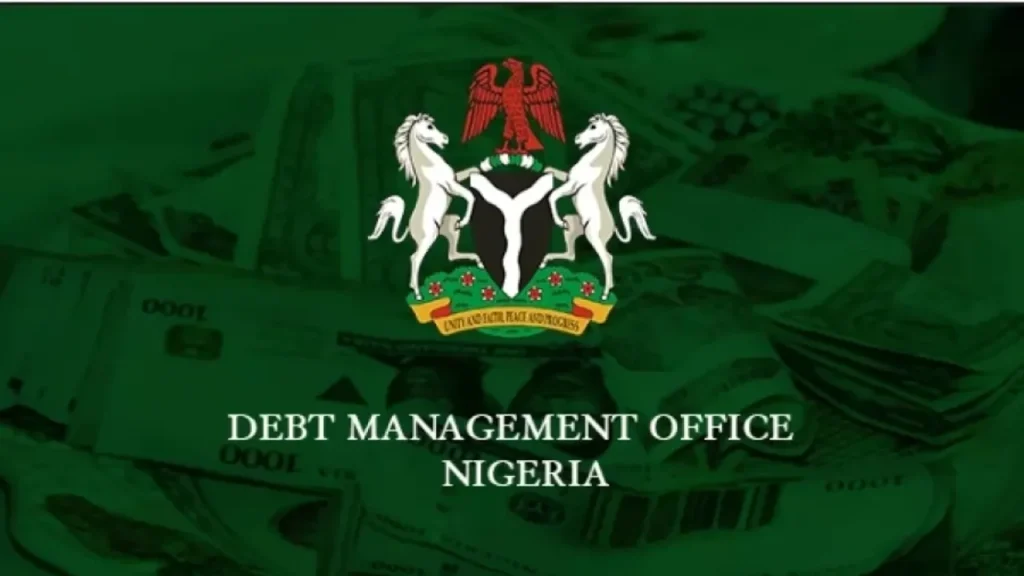Nigeria’s Debt Service Cost Skyrockets to N7.8 Trillion in 2023, Exceeding Budget Allocations

Who: Nigeria’s Debt Management Office (DMO) provides startling figures on the nation’s debt service cost for 2023, marking a significant leap from the previous year.
What: A comprehensive analysis reveals Nigeria spent N7.8 trillion on debt obligations, a 121% increase from N3.52 trillion in 2022, with domestic and external debt service costs witnessing substantial rises. When and Where: Throughout the fiscal year of 2023, across Nigeria, showcasing the financial challenges faced by the federal government amid economic pressures.
Unpacking the Surge in Debt Service Costs
The breakdown of Nigeria’s debt service costs illuminates a dire financial situation, with domestic debt service hitting N5.23 trillion, up by 104% from the previous year. External debt service costs soared by 167% to N2.57 trillion, compared to N962.5 billion in 2022, largely due to the naira’s devaluation affecting foreign debt obligations amidst a foreign exchange liquidity crisis and exchange rate volatility. This escalation in debt service costs surpassed the N6.56 trillion budgeted for the year, indicating a severe budgetary overreach.
Debt servicing in 2023 consumed a staggering 45.6% of the government’s total expenditure and 80.9% of its total revenue between January and September, as per Budget Office data. With retained revenue at N7.51 trillion and debt service at N5.79 trillion up to September, the government’s fiscal health appears precarious. In response, President Bola Tinubu has signaled an increase in borrowing for 2024 to cover an over N10 trillion budget deficit, a move that raises concerns about sustainability amidst dwindling revenues.
Implications for Nigeria’s Economic Outlook
The astronomical climb in debt servicing costs presents a grim outlook for Nigeria’s economy, potentially crowding out critical investments in infrastructure and social services. The government’s strategy to ramp up borrowing in 2024 could further exacerbate the debt burden, questioning the balance between stimulating economic growth and maintaining fiscal prudence.
This development underscores the need for a more sustainable fiscal strategy, focusing on increasing revenue and reducing reliance on debt to finance budget deficits.
Source: BNN